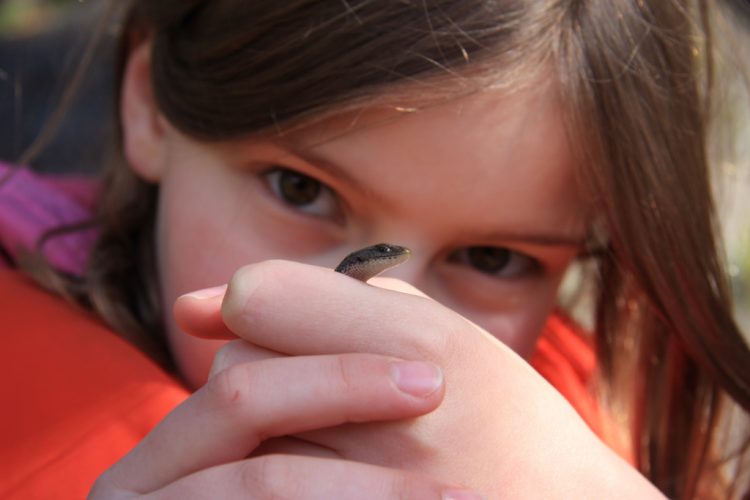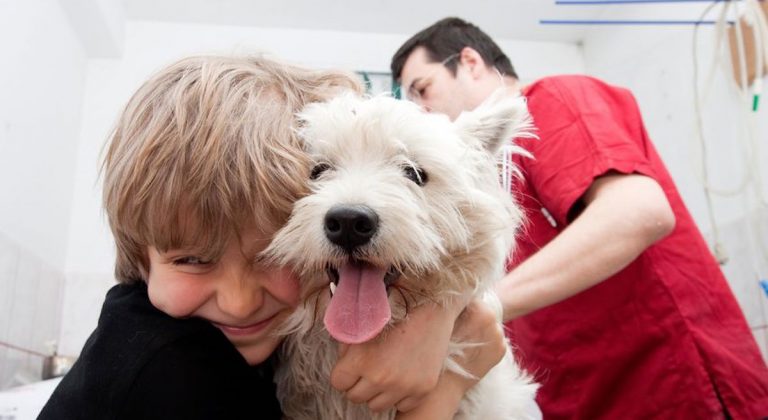Don’t Take Classroom Pets Home — Unless You’re Prepared
Know what to expect before bringing one of these animals into your home over summer vacation.

A recent New York Times article about sending classroom pets home for the summer sent chills up my spine. I’ve had a lot of mishaps occur when children bring these animals home. For them, my question would be: Is everyone truly ready to take care of these boarders for the summer?
The Times article explained that dedicated teachers believe these animals can help reach students who are otherwise difficult to connect with or who don’t speak English. I get that — but what happens over school vacations?
Some teachers, as reported, bring the classroom pets home for the summer and take responsibility for their care. One teacher said he would visit his classroom and take care of his worms and cockroaches. But many other “classroom pets” are farmed out to a family for the summer or, for shorter periods, left in a classroom unattended.
Bad things can happen in these scenarios. I’ve seen a number of neglected pets left in classrooms that get overheated. I won’t go into gory details, but heat stroke is not a happy thing to see. When the janitorial staff finds a dead pet in a 90-degree classroom, what can you say?

Don’t leave your pet’s safety to chance
Sign up for Petful recall alerts today.

Does Mom Know the Gerbil Is Coming Home?
Responsible teachers “vet” the parents and make sure all adults — just not the adoring 10-year-old — are on board when the rodent, guinea pig, chinchilla or reptile goes home for the summer.
But other teachers are not as vigilant: “Just let the guinea pig go home with Jerry for the summer.”
OK. Do Jerry’s parents have any clue as to when the guinea pig might get hot? That guinea pigs are heat intolerant? That the pig needs proper bedding, water bottle, caging, food and a cool environment to survive?
In my experience, they usually don’t have a clue about how to take care of these animals.

Pocket Pets, Exotics and Reptiles
Pets who have been housed in classrooms usually need a lot of care.
They may seem simple to take care of, but I can assure you they are not. We’re talking proper cage care, proper diets, proper water source, proper hay, proper vegetables, proper temperature monitoring, daily attentiveness to the animal’s well-being, etc. The list goes on and on.
Reptiles and other exotic pets need even more specialized care. So you send a classroom iguana home with a mom or dad who doesn’t want it or doesn’t know what to do with it? One word: disaster.
When a classroom pet just goes “home for the summer,” here’s a sampling of complaints I hear from parents:
- “I had no idea what to do with a rabbit or a chinchilla.”
- “I thought the hamster could just live in the kid’s room for the summer.”
- “Nobody told me it might get sick.”
- “We need to go on vacation now. What should I do with this thing?”
So, please, consider the serious responsibility of taking an animal under your care for the entire summer before you commit to something you’ll regret later.
Teach Your Children Well
The Times puff piece ended with a story about a 6-year-old boy who often played with the classroom hamster. The boy then lost the hamster. The teacher said the little boy did not tell him the hamster escaped for 2 days.
I don’t really see this as the child’s fault. Where were you, Teach? Weren’t you checking your hamster cage daily? To see if it was healthy? Sick? Eating? Or — hello — even there?
“There’s a hamster somewhere in the walls,” the teacher from the article said nonchalantly. “Or in the neighbor’s.”
That is not funny — that is neglect. And worse? It’s teaching kids that this kind of animal abuse is OK.
Study Up on These Animals
If you are the “lucky” parent who gets to take the classroom pet home, please educate yourself on what you’re in for.
The most important thing to remember is that this is ultimately your responsibility. A 6-year-old needs guidance in caring for the classroom mascot. Make sure you and your little one do everything in your power to see that the classroom pet returns healthy and happy in September.
This pet health content was written by a veterinarian, Dr. Debora Lichtenberg, VMD. It was reviewed for accuracy by Dr. Pippa Elliott, BVMS, MRCVS, and was last updated Oct. 11, 2018.







